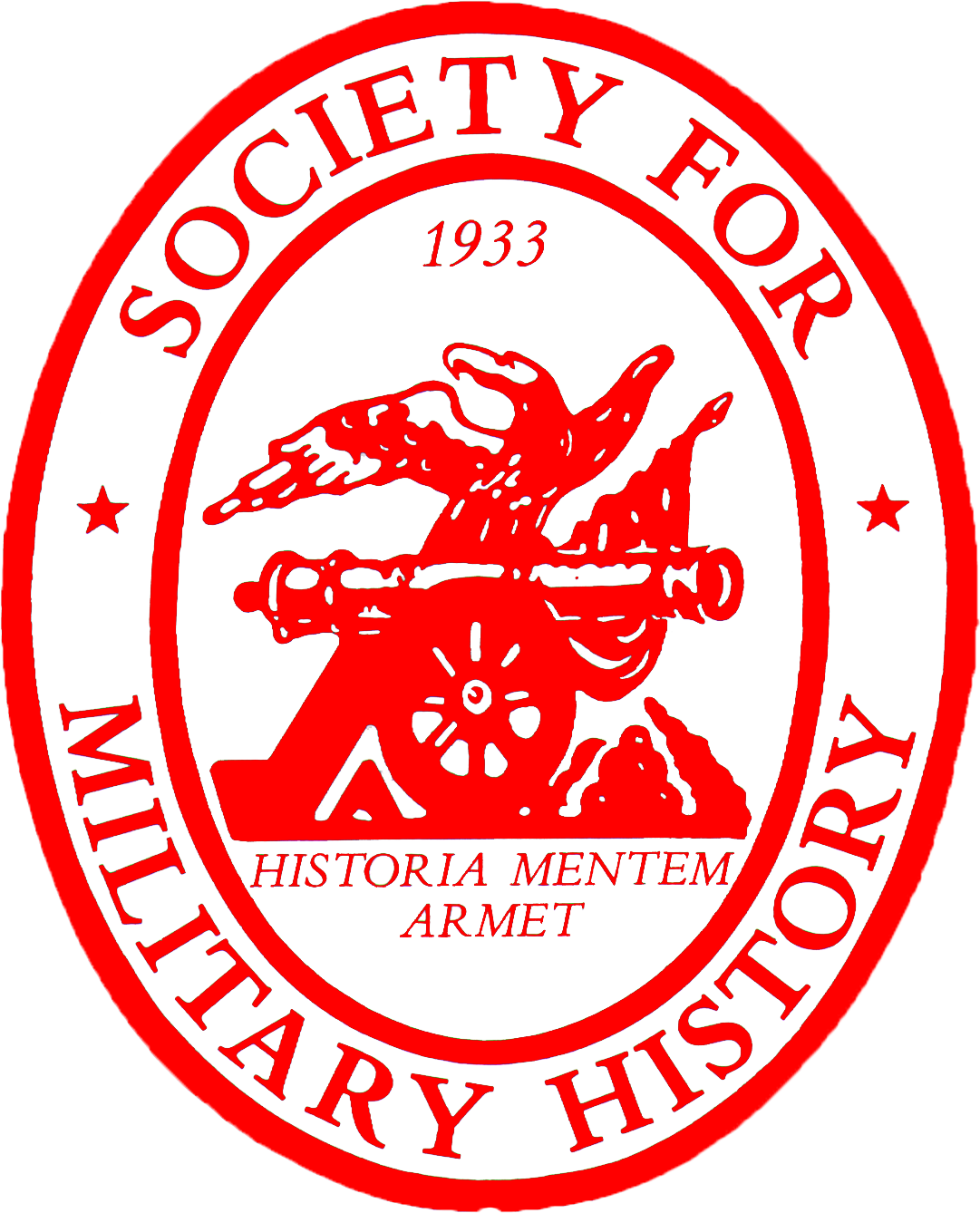
Directorate of History and Heritage of the Department of National Defence, Ottawa, Canada
by Caroline D’Amours
University of Ottawa
The Directorate of History and Heritage (DHH) is born on the merger of the National Defence Directorate of History and the Directorate of Military Traditions and Heritage in 1996. The DHH is one of the main archival repositories for Canadian military history, along with Library and Archives Canada (LAC), and is located in Ottawa, the Canadian national capital. Its mandate is to save and pass on Canadian military history. The DHH is divided into five sections; each of them has primary activities, responsibilities, resources and relationships. For the military historian, the key section is DHH 2, which is responsible for history and archives. In fact, DHH 2 “gathers and preserves […] the historical record, carries out historical research and provides historical support on demand, and, publishes official, commemorative and popular histories to meet the goals of the Department of National Defence.” (DHH website at http://www.army.forces.gc.ca/land-terre/history-histoire/army-armee-eng.asp).
The major resources available for research in the DHH’s reading room are DHH Library, DHH Archival Database, Kardex Collection, Document Collection, Permanent Reference Files, Biographical Files, Unit Annual Historical Reports (AHRs), A. G. Steiger Materials, Public Record Office and Related Materials, Naval Historian's Collection and the Pamphlet Collections. However, other sources are available online such as the Canadian Battle Series, Canadian Military Headquarters (CMHQ) Reports, 1940–1948, Army Headquarters (AHQ) Reports, 1948–1959, Canadian Forces Headquarters (CFHQ) Reports, 1960–1980 and other miscellaneous reports or documents at http://www.cmp-cpm.forces.gc.ca/dhh-dhp/index-eng.asp. Official, commemorative and general histories about Canadian military history from the seventeenth century onward and produced by DHH can also be consulted online.
Ottawa contains numerous options for accommodations including downtown hotels, hostels and rooms for rent in short term. A number of hostels are also available in the surroundings for those on a tighter budget like the HI Ottawa Jail Hostel located on the main bus line downtown and where rooms are available as low as $30 per night which included breakfast. For the international traveller, the city bus travel system is available from the airport. Unfortunately, DHH does not offer student grants to reduce travel costs.
DHH is located in Ottawa suburbs and the number 8 bus line is available from downtown. Researchers must expect a 30-minute ride to get to DHH from downtown. Upon arrival at DHH, researchers must check-in with a desk on the main floor. If you have a laptop with you, the commissionaire will ask you its serial number. A DHH staff member will then escort you to the Reading Room located on the second floor where he or she will ask you to sign the DHH register and then show you the collection and how to proceed to search through it. Researchers are allowed to keep their bags and all their personal effects in the research room (digital cameras, laptop computers, and pencils). Researchers can bring their own cameras. However, unlimited free photocopying and digitizing are available for them onsite. Outlets for computers are also available but Internet service is not. The staffs offer full bilingual service (English and French).
The collection can only be searched onsite and by topic or keyword on the digitized card files. Before ordering materials, scholars have to make sure that the files in which they are interested have not been transferred to LAC since many materials were acquired by the national archives depository. Ordering materials can only be done with the onsite staff and will often be available in a matter of minutes. You can ask as many files as you need and a compartment will be freed to let you put all your documents in at the end of your research day. However, hours of operation for public research are only on Tuesdays and Wednesdays from 8:30am to 4:30pm. You can access your document on other weekdays only if you already have them in your locker.
(Fall 2012)
